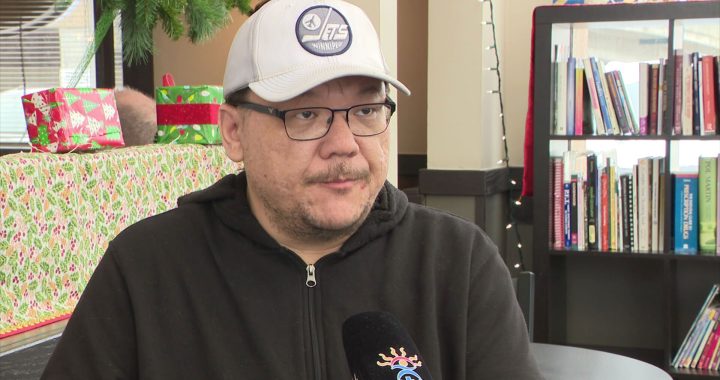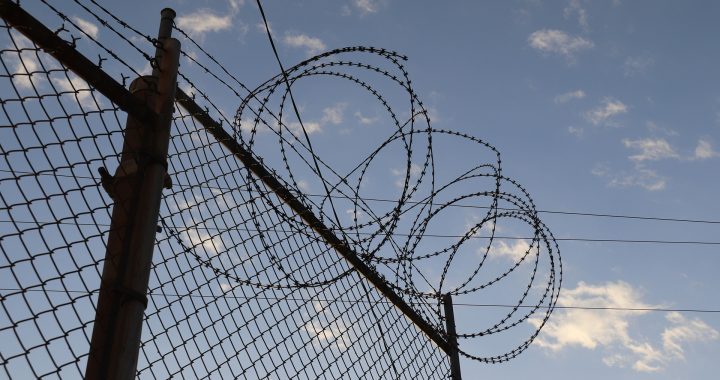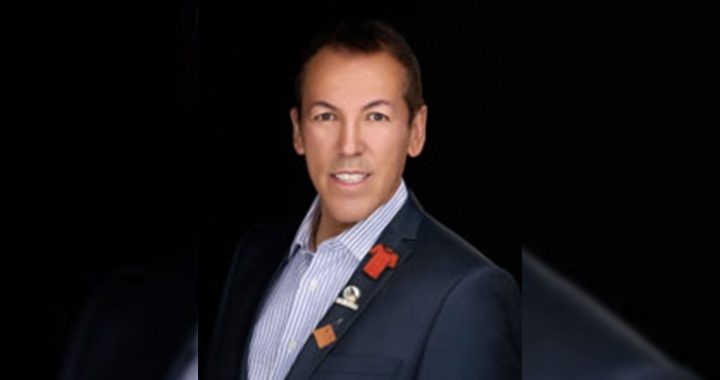A Canadian senator says the Trudeau government can no longer wait to address the alarming number of Indigenous women filling Canadian prisons.
“If the government doesn’t act, then I think all of us can legitimately say, ‘Why are you pretending that you are concerned about these issues’,” Kim Pate tells Nation to Nation.
“These are policy decisions and if you’re making policy decisions to continue to abandon people to the least effective, most restrictive, most punitive and most damaging system — the criminal legal system — then how can you pretend that you are really concerned about these issues?”
Pate is one of the co-authors of a new report — Injustices and Miscarriages of Justice Experienced by 12 Indigenous Women — which calls for the exoneration of these women.
The report also notes Indigenous women now make up 50 per cent of the country’s female penitentiary population despite accounting for only four per cent of all women in Canada.
This number has been steadily on the rise since 2012.
Pate wants the government to eliminate mandatory minimum sentences and involve Indigenous communities in the creation of sentencing options outside of incarceration.
“Internationally, Canada has been cited for the genocide that’s been visited on Indigenous people, particularly Indigenous women,” says Pate. “Twenty years ago, the Supreme Court of Canada said overincarceration of Indigenous people is a crisis in Canada. We’re well beyond that now. And it really behooves the government to act, and act now.”
Hope for the high court?
Meanwhile, the president of the Indigenous Bar Association tells N2N Indigenous candidates should be given serious consideration for the next Supreme Court judicial appointment.
There is a vacancy for Ontario’s representative on Canada’s high court and Drew Lafond says there is an abundance of Indigenous candidates that would be a good fit.
“There is a plethora of qualified candidates who I think would be eligible to serve on the bench who would meet not only the structural or constitutional requirements but also the regional requirements,” he says. “Those individuals are people who are putting their names forward now.
“My hope is that their knowledge in Indigenous law is given significant weight. Their backgrounds and their pedigrees are given the credence that they deserve.”
The government has also announced the independent advisory board for Supreme Court judicial appointments which includes two First Nations members.
Konrad Sioui is a former grand chief of the Huron-Wendat Nation and David Nahwegahbow is a founding partner of the law firm Nahwegahbow Corbiere.
Sioui was appointed by Justice Minister David Lametti and Nahwegahbow by the Indigenous Bar Association.
Justice Michael Moldaver, who was appointed to the Supreme Court in 2011, will be retiring on Sept. 1.
New departments, old problems
Finally, a new report from Canada’s parliamentary budget officer says the two federal departments that govern Indigenous people are spending more but accomplishing less.
The PBO report examines the departments of Crown-Indigenous Relations and Northern Affairs Canada and Indigenous Services Canada.
“They cannot meet their own targets, which is surprising,” Yves Giroux tells N2N. “Some targets are very well known — the number of long-term boil water advisories — others are less well known. There is in total 20 indicators for Crown-Indigenous Relations, 42 for Indigenous Services and there are results for about six to 10 of these in the case of ISC. So, about a quarter or less of the results are consistent with the targets of the department itself.”
Giroux’s report also finds that from 2018 to 2021, ISC spent 48 per cent more than planned or $863 million.
CIRNAC spent 28 per cent more or $264 million more than planned during the same period.
It notes there was a tendency by both departments to fail to hire an adequate number of employees commensurate with increased spending and new goals.
When asked about the PBO report outside caucus on Wednesday, Crown-Indigenous Relations Minister Marc Miller said he had not read it.
Watch all three interviews above.












